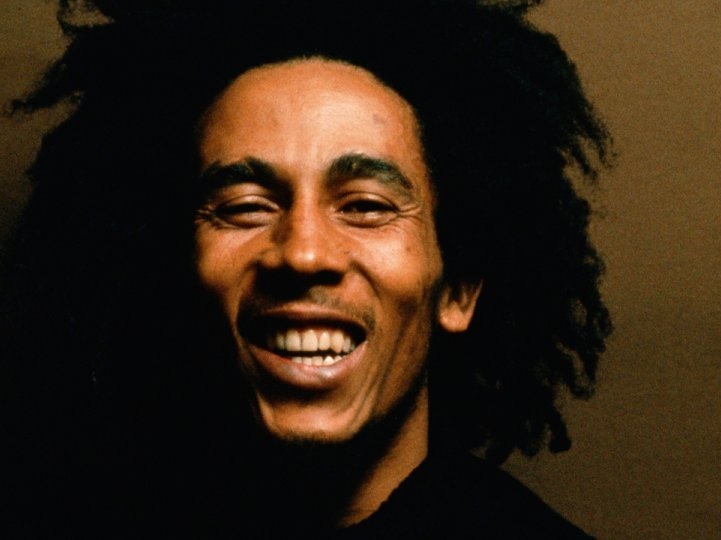
There’s no reason the documentary “Marley” shouldn’t be the definitive portrait of the late reggae superstar.
The film assembles virtually everyone integral to Marley’s life, from his widow and children to the musicians who spent years traveling along with the revolutionary-minded singer.
So why does one emerge from seeing the film, available Aug. 7 on Blu-ray and DVD, with the feeling there’s still so much more to learn?
“Marley” eschews standard narration, letting an array of sources tell the story of a mixed raced Jamaican child’s ascent to music immortality – and virtually every dorm room wall for the past 30-plus years.
We learn of Marley’s humble roots, the fleeting nature of his father’s impact on his life and the cultural influences later reflected in classic tracks like “No Woman, No Cry” and “Stir It Up.”
Director Kevin Macdonald, teaming with producer Ziggy Marley (one of the singer’s 11 children) create a warts and all documentary that simply doesn’t ask enough probing questions. Instead, the film lets the various members of Marley’s entourage share their tales, adding embellishments that leave crucial information unspoken despite a bloated two-plus hour running time.
Those unfamiliar with Marley’s specific political positions won’t learn much here, nor will they gain a broader understanding of the singer’s Rastafarian philosophy or whether he embraced some of the faith’s uglier tenets.
Marley’s life is still too fascinating, too abbreviated by a tragic diagnosis, to prevent “Marley” from being anything but a compelling experience.
His rise wasn’t radically different from other music superstars – building slowly but surely thanks to sheer talent and the power of his stage persona.
Marley could be maddening in Q&A settings, offering generalities that left the interviewer hungry for more. On stage, he was electric, twirling his body with a confidence that let everyone know he was destined for the biggest stages across the globe.
The singer was far from a perfect person, and the film doesn’t brush past those sins.
Marley embraced peace but wasn’t above using his fists in a dispute. And his penchant for bed hopping is casually dismissed here while daughter Cedella Marley suggests the toll that his behavior took on time spent with her father.
All his talk of peace and love wasn’t simply rhetoric. We watch Marley personally power a peace concert which brought political rivals Michael Manley (PNP) and Edward Seaga (JLP) together on stage to shake hands.
Suddenly, Marley’s meandering talk of coming together seems like much more than boiler plate lyrical content.
It would be blasphemy to leave out some of Marley’s best known songs, but the inclusion of deeper cuts reveals a singer with a broader range — and influence — than some might attest.
The documentary’s focus sharpens considerably in its waning moments. The singer’s initial brush with cancer seemed an improbably health scare, but the disease was spreading through his body just as his international fame reached a fever pitch.
Hearing a nurse who tended to the dying singer in his final weeks is to hear a side of the legend that deserves telling.
The Blu-ray extras include an extended chat with the colorful Bunny Wailer, a charter member of Marley’s reggae band, plus a commentary track with Macdonald and Ziggy Marley. The most touching extra finds some of Marley’s children sharing quieter reflections on their father, including two different versions of how Ziggy Marley earned his curious moniker and how the singer helped son Stephen learn to ride a bicycle.
The “Around the World” segment stands as the Blu-ray disk’s most potent featurette, showing the legacy Marley’s music maintains across several nations.
Follow Christian Toto on Twitter @TotoMovies

COMMENTS
Please let us know if you're having issues with commenting.